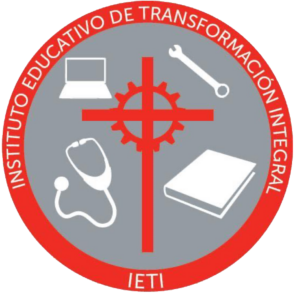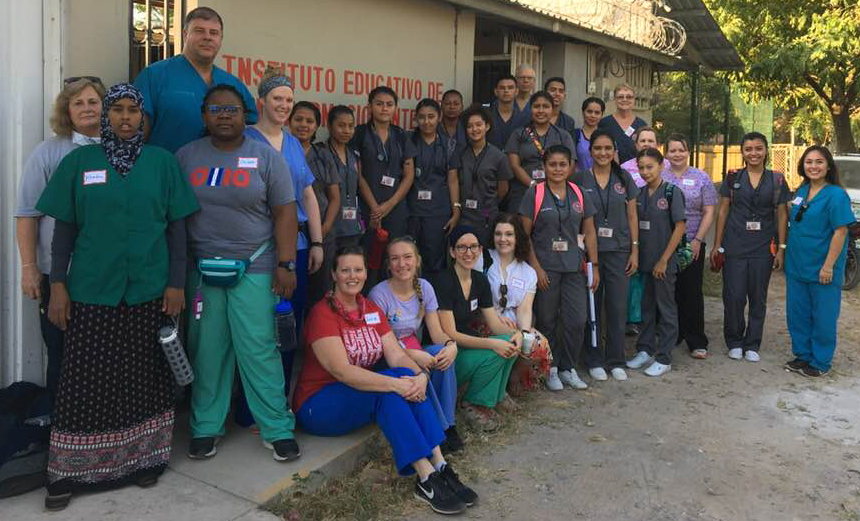SCHOLARSHIP PROGRAM
Choluteca: Elementary & Secondary Education
Empower a student in Honduras to achieve life’s potential through a Lizzie Project Scholarship!
Honduras is one of the poorest countries in Central America. The multi-generational cycle of poverty affects thousands of school-age children. Many children do not go to school because their families cannot afford the costs of uniforms, backpacks, school supplies and food to enable them to excel at their studies. READ MORE
Keeping students in school and progressing to the next level of education are key goals of The Lizzie Project. The ministry seeks donors who have a heart for providing scholarship funds for various educational levels:
- Early School: K5– 6th Grade
- Middle School: 7th – 9th Grade
- High School: 10th – 12th Grade
- Nursing School: 10th -12th Grade
- Note: Partial scholarships may be given. Administrators will seek to complement your gift amount with other Donor amounts to complete the total needed.
Financial assistance for students comes through scholarships that promote and encourage education. Educational assistance does not make families dependent on outside sources. Academic accountability and attendance are requirements for students to remain in scholarship programs.
Currently, over 270 students receive school assistance through the ministry of The Lizzie Project. The Lizzie Project’s annual mission trip involves dispersing backpacks, school supplies, clothing and encouragement. Mission Team Members say the best part of the trip to Honduras is the children’s excitement when they receive their backpacks and scholarships for school.
Kindergarten – 9th Grade
Scholarship Cost
$150 annually (pays for school books, uniforms and supplies.)
Quick Facts
- If children cannot afford their uniforms or books, they are not allowed to attend school.
- When children complete the 6th grade, they will frequently drop out.
- The Honduras government provides free school up to the 9th grade, only if a child has the required uniform and books.
10th – 12th Grade (High School)
Scholarship Cost
$150 annually (pays for school books, uniforms, supplies and some expenses.)
Quick Facts
- Oulying villages provide education through the 9th grade. Attendance in High School requires travel into a nearby city or town.
- Drop-out rates are high because students need to work to bring income to their families.
- High School is more like vocational school, focusing on the students’ abilities and interests.
Nursing School
In 2017, World Gospel Mission had the privilege of being part of an innovative pilot nursing high school in Honduras. The Nursing School was the dream of Angie Overholt, career missionary. The academically rigorous program is taught from a Christian worldview. Students earning a certification in nursing provides a salary that helps break the cycle of poverty in their families. Each year, up to 50 students graduate from the IETI Nursing Program.
IETI Nursing School of Choluteca
Scholarship Cost
$1,000 annually (pays for books and supplies)
Quick Facts
- High-school level Nursing School: first of its kind in Honduras!
- Starts with first year of High School (10th Grade) and progressesthrough 12th Grade.
- Fulfills the country’s desperate need for trained and certified nurses.

Educational Challenges Facing Poor Families
- Honduras is one of the most impoverished countries in Central America.
- The government only provides education to children whose parents can afford uniforms and books.
- The country struggles with the lack of educational resources, schools and poor teacher training.
- In remote villages, most schools are in one or two rooms with all grades and a single teacher.
- Many children are unable to attend school because their families cannot afford the mandatory uniforms or supplies.
- Many children leave school after the 6th Grade (Elementary School) to help support their families by working. The generational cycle of poorly-educated parents creates an inability to provide a higher standard of living for their children.
- Middle schools (7th – 9th Grades) are located 5-7 miles from villages, thus making attendance difficult, as Honduras does not provide school transportation.
- Only 30% of children attend secondary school.
